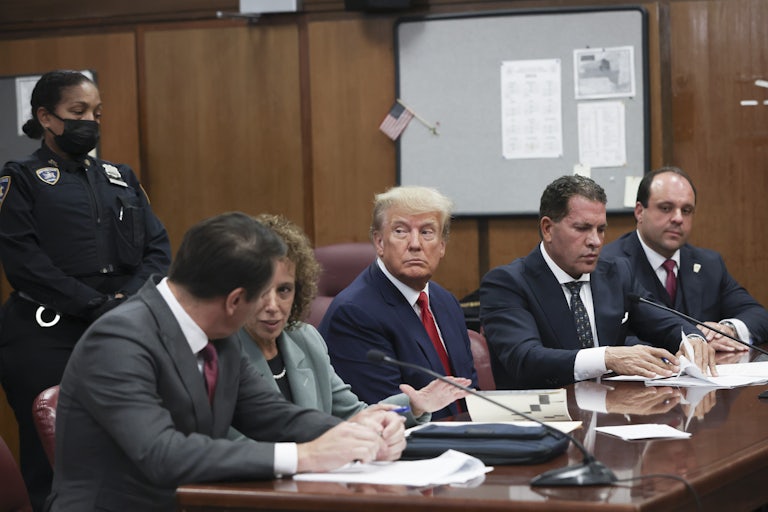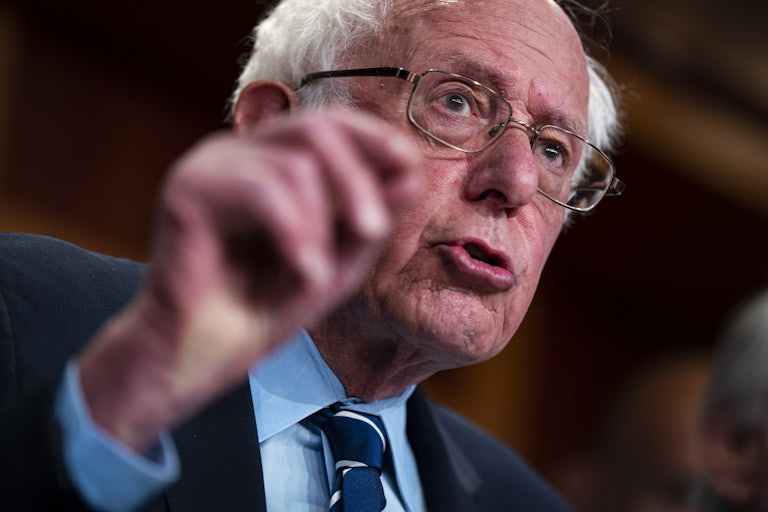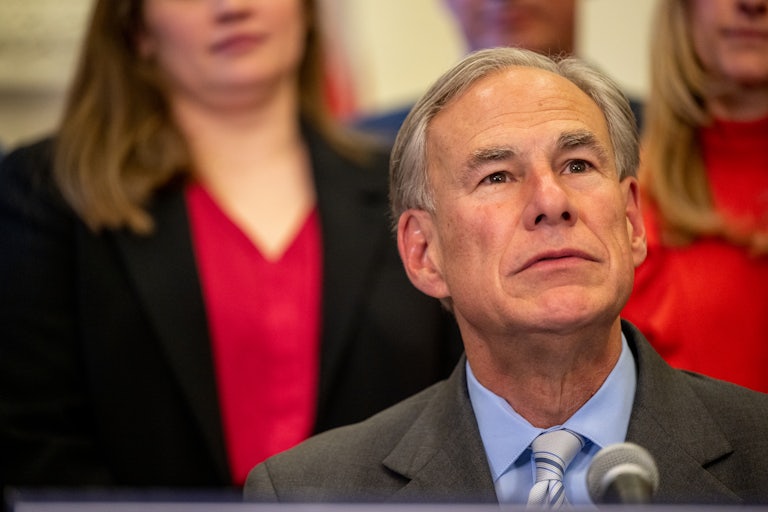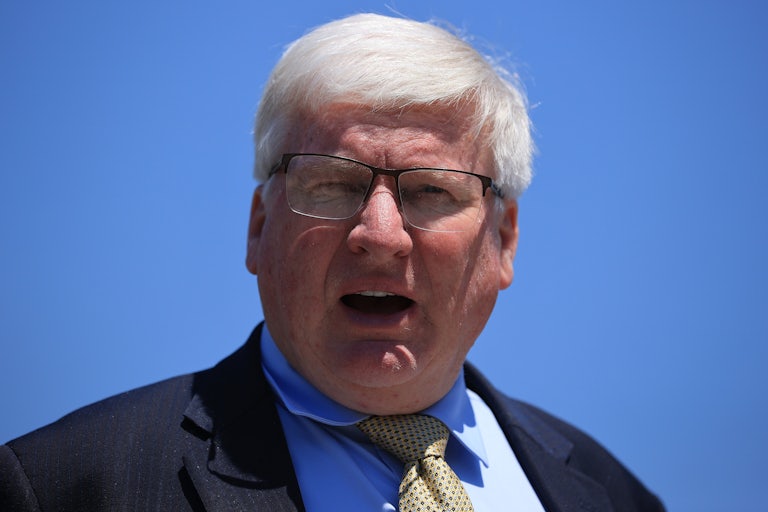Pentagon Kicks Off Pride Month by Canceling Drag Show at Air Force Base
Happy Pride!

To mark the start of Pride Month, the Pentagon has canceled a drag show that was scheduled for Thursday at Nellis Air Force Base in Nevada.
This would have been the third year that Nellis hosted a performance by artists from the nearby Las Vegas drag community. The event, which billed itself as family-friendly, has been generally popular among both people on the base and performers.
Air Force leaders had approved the show, but Defense Secretary Lloyd Austin and Chairman of the Joint Chiefs of Staff Mark Milley ordered that the show be canceled or moved off base, claiming it is not Pentagon policy to fund drag shows on bases, NBC reported late Wednesday.
“Hosting these types of events in federally funded facilities is not a suitable use of DOD resources,” Pentagon deputy press secretary Sabrina Singh said in a statement. “Our Service members are diverse and are allowed to have personal outlets.”
Coco Montrese, a drag queen who performed at the first Nellis show and was expected to take the stage Thursday, said she was “shocked and disappointed” by the decision to cancel.
“Recently the attacks on the LGBTQ+ community are getting louder and louder. Fear is a very big business for politicians who use it to control the masses,” she told the local CBS news station.
“Creating a narrative by certain actions is careless because actions do speak louder than words. This action, 24 hours before the event would take place, is a clear message. I think we all know what that message is.”
Florida Representative Matt Gaetz took credit for the decision, hailing it as a “HUGE VICTORY.” Gaetz had grilled Austin and Milley about drag shows on bases during a House Armed Services Committee hearing in March on the defense budget.
Gaetz took particular issue with drag queen story hours being hosted on bases and accused the military of using federal dollars to fund such events. Austin said that “drag shows are not something the Defense Department supports or funds,” and Milley said he wanted to look further into drag shows on bases because “those things shouldn’t be happening.” Gaetz later sent the two officials a letter requesting more information about Pride events held on bases, including the show at Nellis.
Drag shows are a new favorite target among the far right. Tennessee, Florida, and Montana have passed laws banning drag performances (the Tennessee law is currently blocked), and a similar bill has passed the Texas legislature. Governor Greg Abbott is widely expected to sign the measure into law.
One chilling element about the Pentagon’s move is the language the department has used to explain the decision. The statements use words that imply that drag is inappropriate and should be done in private. Similarly, the Republicans backing drag bans argue that the art form is obscene and not suitable for children. In reality, these arguments aim to force LGBTQ people back out of public view.








